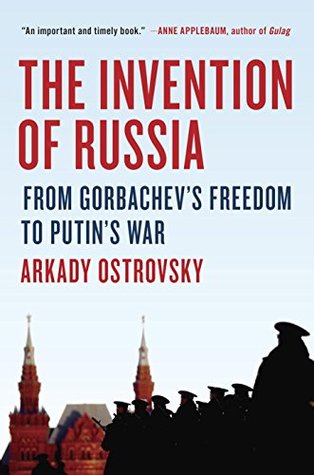He went back to 1929—the year Stalin had called the “Great Break” (wrongly translated in English as a Great Leap Forward)—that marked the end of Lenin’s New Economic Policy and the start of the forced collectivization (or elimination, to be precise) of peasantry. He saw a holy grail in the ideas of Nikolai Bukharin. A charismatic Bolshevik leader executed by Stalin, Bukharin in the late 1920s had called on peasants “to enrich” themselves, defending competition between private and state enterprises, and had argued that the market was a necessary step toward socialism.
Welcome back. Just a moment while we sign you in to your Goodreads account.


